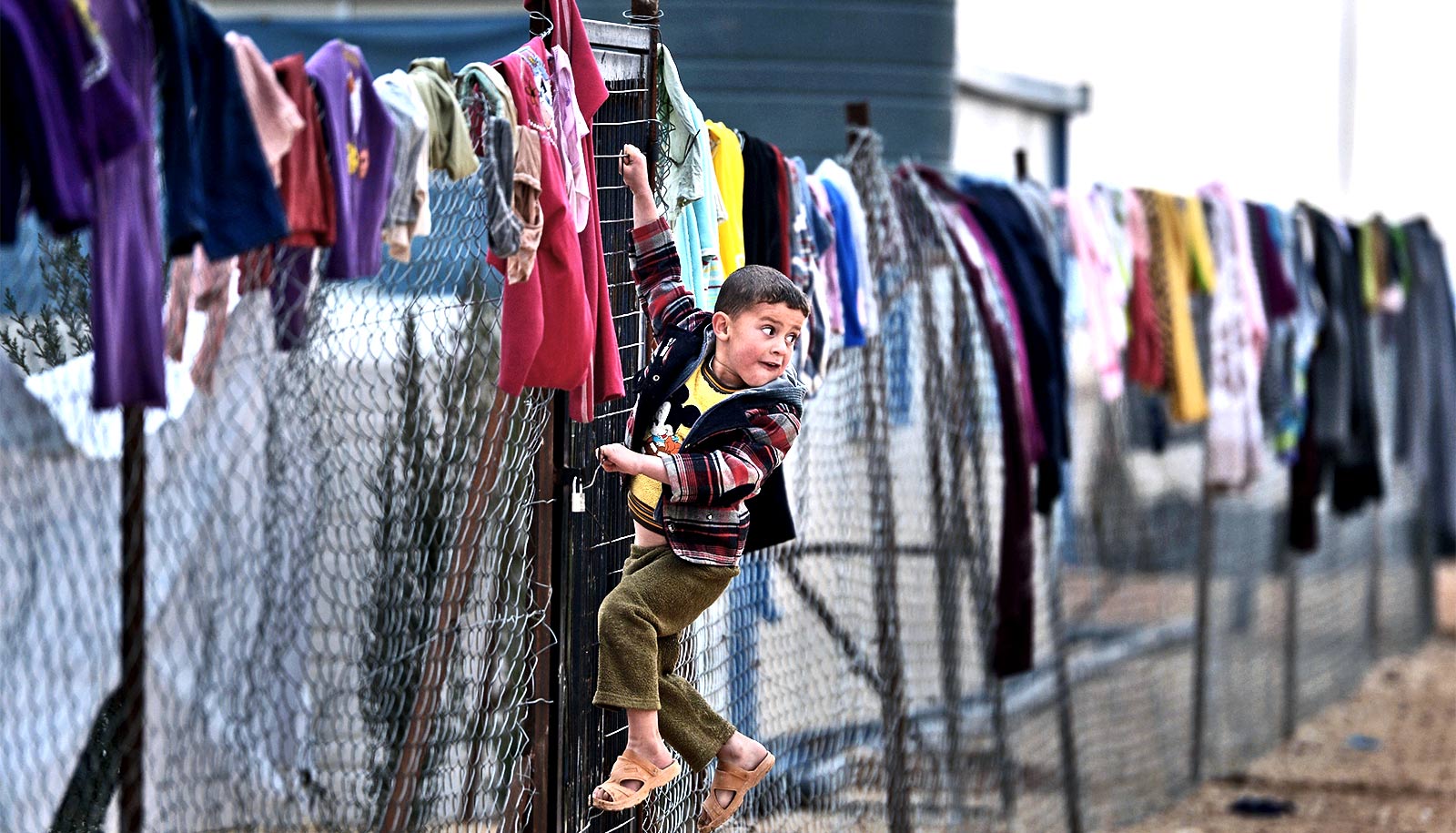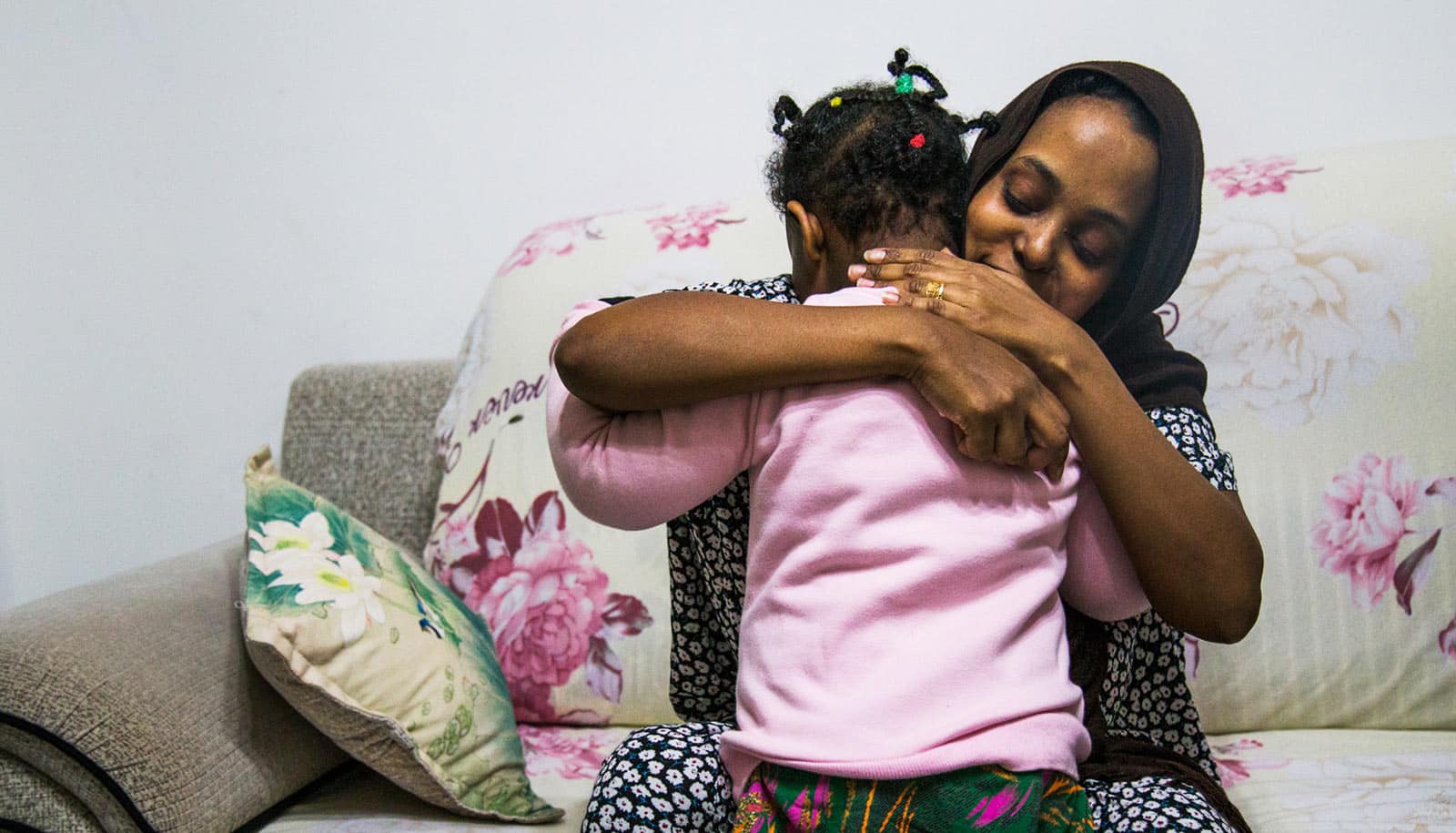There can be inadvertent economic consequences to cash aid for refugees, say economists.
In the last four weeks, more than 3.5 million Ukrainians have fled their country to escape Russian forces, facing an uncertain future and placing new economic demands on host countries such as Poland. Besides this recent crisis, more than 80 million people have been forcibly displaced worldwide, notably in Syria, Venezuela, Afghanistan, South Sudan, and Myanmar.
While humanitarian organizations are providing in-kind assistance in the form of food, hygiene products, and shelter, many are increasingly turning to cash payments, with the intention of providing refugees with spending flexibility, restoring their dignity, and improving the wealth of their host communities
New research indicates that if a humanitarian organization provides cash assistance without considering the supply chains’ responses including price inflation due to retailers’ market power, the humanitarian organization will inadvertently harm both refugees and local residents. Prices rise for everyone, and refugees receive fewer goods.
“In the last 150 years, humanitarian organizations have become experts in assisting beneficiaries via in-kind assistance. Recently, cash assistance has gained remarkable traction as an effective type of aid because it also benefits local economies. To avoid price inflation, however, humanitarian organizations have implemented their cash assistance programs mostly in competitive markets,” the authors write in their paper in the journal Manufacturing & Service Operations Management.
“An unresolved challenge facing humanitarian organizations is to provide cash assistance to their beneficiaries when local retailers have market power,” they add. This “is an important problem because there are many communities that not only host refugee camps but also deal with retailers’ market power.”
Coordination could help
Owen Wu, associate professor of operations and decision technologies, and Alfonso Pedraza-Martinez, chairperson and associate professor of operations and decision technologies, are coauthors of the study with Telesilla Kotsi, assistant professor of operations and business analytics at Ohio State University.
Kotsi, Wu, and Pedraza-Martinez note that while refugees like the power and flexibility of purchasing goods to meet their own needs, retail prices are higher than the wholesale prices that humanitarian organizations pay for in-kind assistance. “Although cash assistance benefits local retailers, it reduces the amount of goods received by refugees and price inflation hurts both refugees and local residents,” they say.
Their research shows that when humanitarian organizations coordinate with local governments, they can extend cash assistance to host regions with market power. In their paper they propose partnerships between the humanitarian organizations and local governments that effectively curb the retailer’s market power.
“We recommend the partnership adopt a price-dependent cash assistance policy that restores the distorted incentive due to the introduction of cash assistance and achieve a win-win-win solution, where refugees can meet their individual needs in a dignified way,” they say. “The retailer sells more products—and makes at least the same profit as before—while local residents enjoy lower prices.”
Under this policy, the amount of cash assistance depends on a retail price index based on a set of essential goods. If the retail price index is too high, the partnership will offer less cash assistance to the refugees, thus curbing the retailer’s sales. Such a policy aligns the incentives between the retailer and the partnership.
“A price-dependent cash assistance policy aligns the incentives between the retailer and the HO-government partnership. This new policy for cash assistance acts as a lever for the retailer to voluntarily set desirable prices, which benefit both refugees and their host community,” Kotsi, Wu, and Pedraza-Martinez say. The government’s role in this policy is facilitating communication and monitoring implementation.
Cash aid for refugees
Before the war began in Ukraine, there were an estimated 6 million people already living in refugee camps worldwide. Most face restrictions on their ability to find employment due to their refugee status. Reasons why cash assistance has increased in recent years include the acceleration in economic growth in many developing countries and availability of goods in local markets.
Also, cash assistance allows refugees to buy their preferred goods at local stores, providing them with dignity. Finally, some host communities perceive refugees as a burden and show hostility toward them, leading the United Nations Refugee Agency to recommend the use of cash assistance to allow host communities enjoy economic benefits and thus promote peaceful relations with refugees.
The research began in late 2016 as a collaboration among three coauthors. Kotsi, who earned her PhD at Kelley, conducted field research in three refugee camps in northwestern Greece from December 2016 to January 2017. They used the field research to define their research setting and to support their modeling assumptions and parameters. They then used a game-theoretical model to analyze the interactions among the humanitarian organization, refugees, a monopolistic retailer, residents, and a local government.
Their paper offers suggestions about tools and implementable policies to guide humanitarian organizations to improve their budget allocations between in-kind and cash assistance for refugees living in areas where local market power exists. “A price-dependent cash assistance policy implementable by humanitarian organizations and governments benefits everyone—refugees, retailers, residents, governments, and humanitarian organizations,” they conclude.
The authors look forward to connecting to the humanitarian organizations involved in assisting Ukrainian refugees to discuss possible challenges in managing supply chains and allocating assistance between in-kind and cash payments for Ukrainian refugees. “Despite the research opportunity from the emerging crisis, we hope that peace will prevail, and our research will be no longer needed,” they say.
Source: Indiana University



